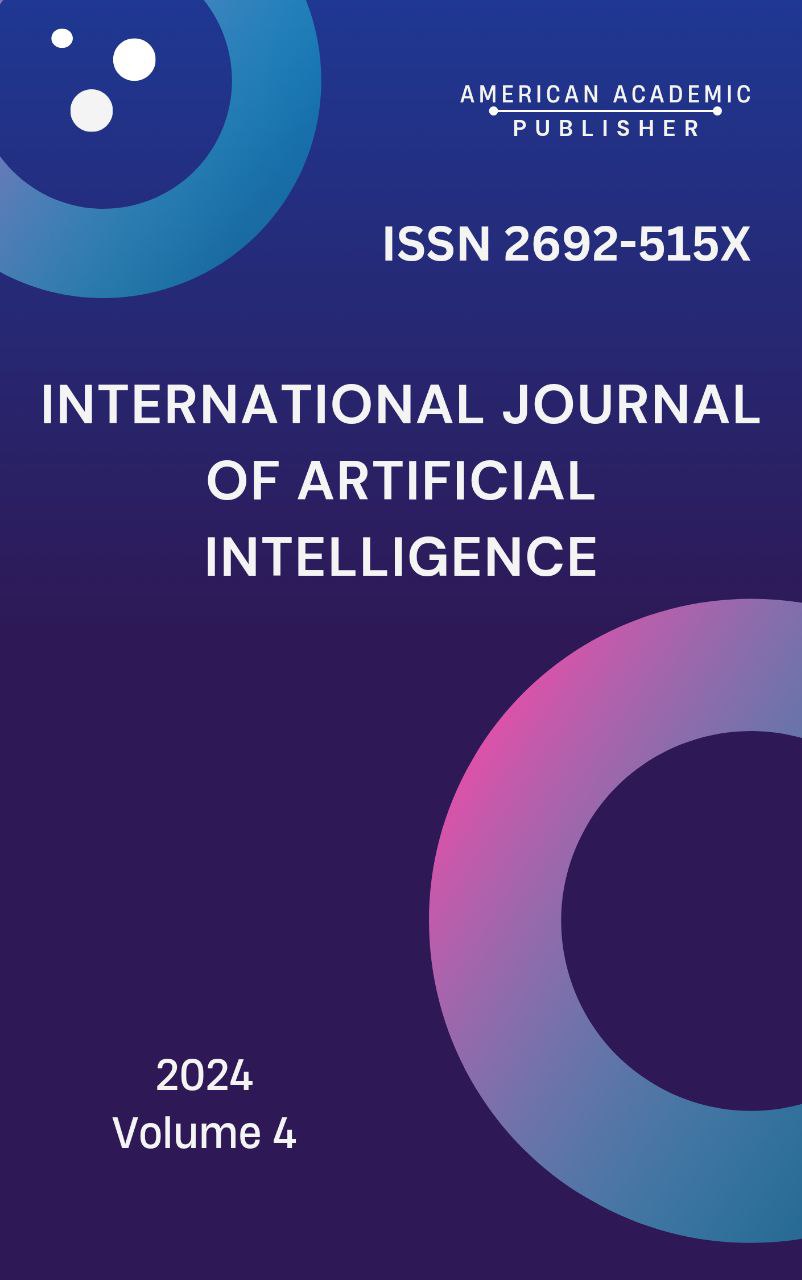 Articles
| Open Access |
Articles
| Open Access | THE GOLDEN AGE OF THE RUSSIAN LANGUAGE: RISE AND FORMATION
Bozorova Aziza , 2nd year student in Philology at University of Information Technology and ManagementAbstract
The article examines the "Golden Age" of Russian literature, covering the first half of the 19th century, when the Russian language and literature reached their peak. This period is characterized by the development of poetry and prose, the emergence of outstanding authors such as Alexander Pushkin, Mikhail Lermontov and Nikolai Gogol, whose works have become an integral part of world literature. Particular attention is paid to the unique national identity of Russian literature and its influence on cultural consciousness, including realism and modernism. The contribution of critics of that time, such as Vissarion Belinsky and Alexander Herzen, to shaping the perception of the literary heritage of the "Golden Age" is considered, as well as the role of this era in the development of both Russian and world literature.
Keywords
Golden Age of Russian Literature, Russian Literature of the 19th Century, Alexander Pushkin, Mikhail Lermontov, Nikolai Gogol, National Identity, Literary Heritage, Realism and Modernism, Russian Poetry and Prose, Vissarion Belinsky, Alexander Herzen, Critical Assessment.
References
Белинский В. Г. «Избранные статьи о русской литературе».
Гуковский Г. А. «Реализм Пушкина».
Лотман Ю. М. «Александр Сергеевич Пушкин: биография писателя».
Герцен А. И. «Письма об изучении природы».
Мочульский К. «Пути русского реализма».
Эйхенбаум Б. М. «Лермонтов: Опыт историко-литературной оценки».
Article Statistics
Downloads
Copyright License

This work is licensed under a Creative Commons Attribution 4.0 International License.

